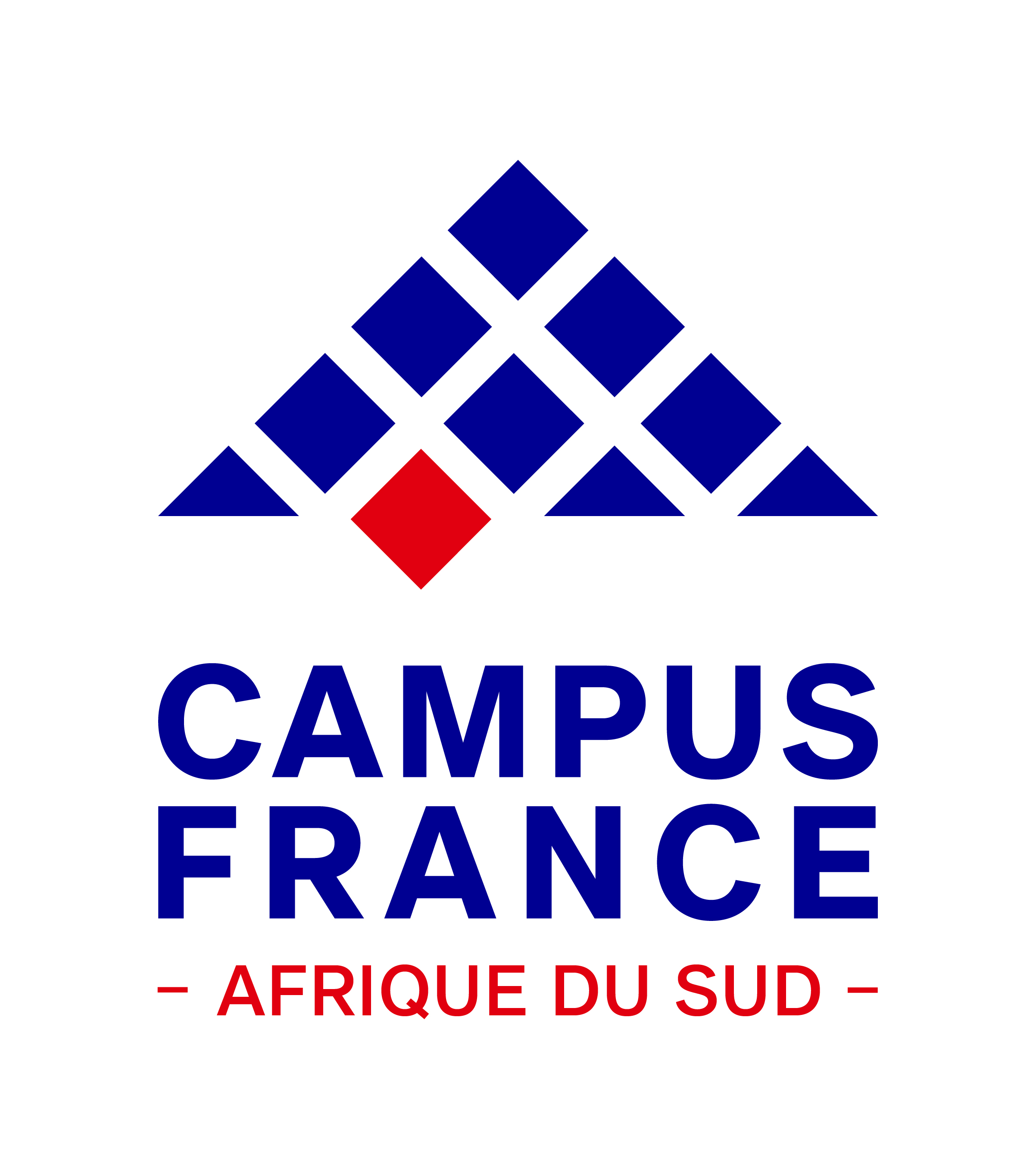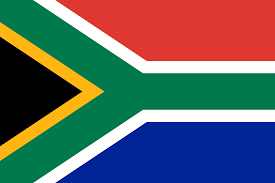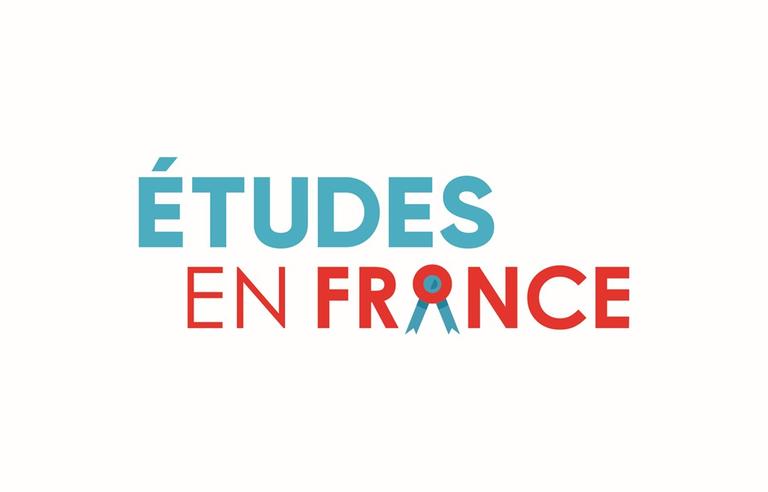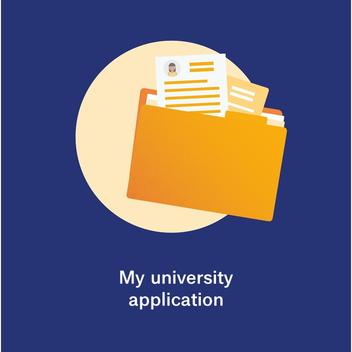First Steps

From thinking to doing, these are the first steps to studying in France
Thinking of Studying in France?
Are you ready to take the next step in your academic journey? Each year, South African students choose France for world-class education, international exposure and an unforgettable cultural experience. Applications for the 2026/27 academic year are open — here’s everything you need to know to prepare.
1. Application Dates
If you are applying through the Études en France (EEF) / Campus France procedure, applications for the 2026/27 academic year open 01 October 2025 and close 15 December 2025.
Make sure you start early so you have enough time to prepare your documents and find your study programme!
REMEMBER: Some universities take direct applications on their website.
Make sure to verify the application procedure and dates for each study programme that you are considering.
📅 Applications open 01 October 2025 and close 15 December 2025
2. Find Your Programme
France offers thousands of study options in all disciplines. There are two main ways to explore programmes:
➡️ Taught in English catalogue: This catalogue highlights programmes offered fully or partly in English. It is a great resource if you prefer to study in English — but remember, not all universities are connected to the EEF platform, so some programmes may only appear here and not in EEF.
Taught in English - v1.4.9
➡️ Études en France (EEF) platform: This is the main database of programmes for international students applying through Campus France. It includes most, but not all, universities and programmes.
Études en France
💡 Tip: Explore both the EEF platform and the Taught in English catalogue to find the best programme for you!
3. What to Verify Before You Decide
Before selecting your university and programme, make sure you verify key information:
✅ SAQA recognition: Confirm that the institution and qualification are recognised in South Africa.
Look for the title "national diploma" (degree) or an RNCP number if it is a vocational programme.
-
The title "national diploma" (diplôme nationale) is a guarantee of quality and SAQA recognition. In France, a qualification is titled "national" when it is accredited by the government (Ministère de l'Ensiegnement Superieur et de la Recherche - MESR). This recognition covers the following qualifications:
- higher technical diplomas (BTS), university technology diplomas (DUT), vocational bachelor's (Licence professionelle) and bachelor's degrees (Licence), master's degrees and doctorates awarded by French universities;
- the title of engineer, conferring the grade of Master, awarded by the CTI (Commission des titres d'ingénieurs);
- diplomas from business and management schools that have been approved by the CEFDG (Commission d'évaluation des formations et diplômes de gestion);
- professional training courses registered in the Répertoire National des Certifications Professionnelles (RNCP);
- specific courses (architecture, arts, political science, etc.) that have obtained accreditation from the Ministry of Higher Education and Research.
✅ Tuition fees: Understand the cost of your studies — fees vary by institution and programme.
Every year the French Government publishes a list of public institutions charging local tuition fees for international students (equivalent of about R5000 for a year of study at Master's level). Click here for more about the cost of studying in France.
✅ Language of instruction: Some programmes are taught in French, others in English, or a mix of both. Ensure you meet the language requirements for the programmes you are interested in. To study in French, you need a DELF B2.
✅ Application procedure: Double-check if applications for your chosen programme is available via EEF, directly through the university, or both. This information is on the website of the university.
Cost of living
While tuition fees in France are generally affordable compared to many other international destinations, it is important to budget for living expenses. On average, living costs in France may be higher than in South Africa, especially in cities like Paris, Lyon or Bordeaux. However, smaller university towns are often more affordable.
💶 Budget wisely! Tuition in France is generally comparable to South Africa, but living costs vary depending on the city.
4. How to Apply
South African students apply via the Campus France / Études en France (EEF) procedure. This centralised system makes it easier to apply to multiple universities with a single file.
REMEMBER: Some universities take direct applications on their website. Make sure to verify the procedure and dates for each study programme that you are considering.
➡️ Follow the step-by-step EEF guide here
📲 Chat with Campus France South Africa on WhatsApp
🚀 Start early, explore your options and let Campus France guide you on your journey to studying in France!






















